| Standard Mandarin Chinese is a language of subtlety and beauty. Its structure lends itself to tranquil succinctness; the written script gives meaning to every stroke. Here are a few of the words and phrases in Chinese that we find most beautiful.  1. 岁月 (sùi yuè) “years, time, passing of time” 岁 (suì) is used most often to mean “age, years,” as in, 你几岁了?(nǐ jǐ suì le) “How old are you?” The literal translation might be more like “How many years are you?” 月 (yuè) refers to “moon, month.” Used together, these characters compose a phrase that refers to the - often poetic - passage of time. 岁月 (suì yuè) brings to mind nostalgic childhood years, hazy memories, distant imaginings. 岁月流逝 (suì yuè liú shì) – as time goes by 岁月如流 (suì yuè rú liú) – the passage of the years, the flow of time 岁月如梭 (suì yuè rú suō) – time flies 2. 银河 (yín hé) “Milky Way” One of the favorite things about Chinese is the way it highlights the gorgeous elegance of simplicity. The Milky Way is described exactly as it is, 银河 (yín hé), or “silver river,” because when you look up into a clear night sky far from manmade light, faint night-sounds around you, that’s exactly what you see: a silver river streaming across the sky. 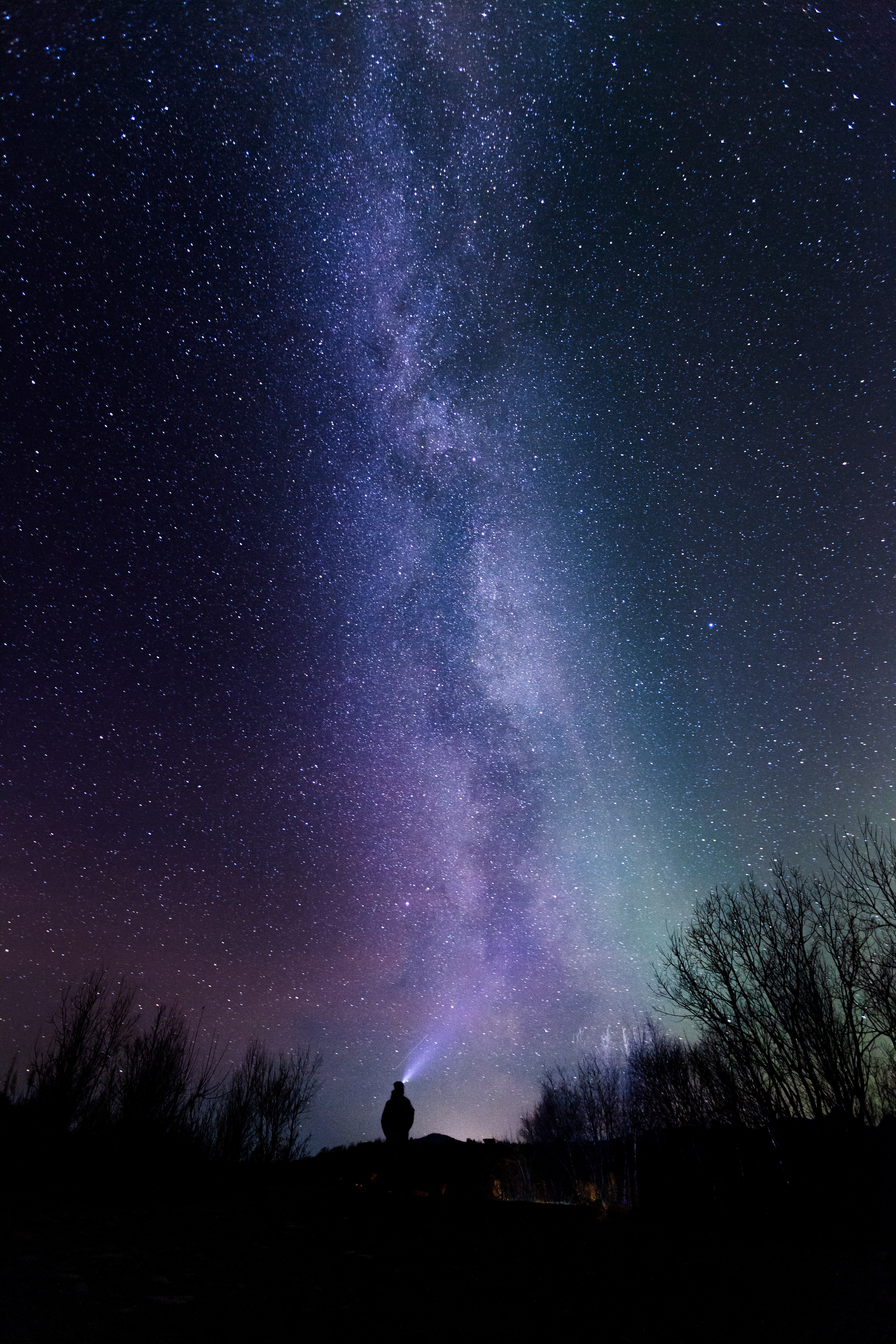 3. 金秋 [jīn qiū] “fall, autumn” You might learn in class to speak of the fall season as 秋天 (qiū tiān). A more lyrical way to say it might be 金秋 (jīn qiū), which brings to mind crisp weather and brilliant, changing leaves. 金 (jīn), meaning “gold,” might be taken to describe the season, but it actually refers to the metal phase of Chinese philosophy. Each of the five elements is associated with a cardinal direction and a season, so wood 木 (mù) is East and spring, fire 火 (huǒ) is South and summer, metal 金 (jīn) is West and autumn, water 水 (shuǐ) is North and winter, and earth 土 (tǔ) is Center and supports the other elements. Hence, 金秋 (jīn qiū) “golden autumn.”  4. 遥望 [yáo wàng] “to look into the distance” The unit 遥 (yáo) means “distant, remote” and is used in words like 遥控器 (yáo kòng qì) “remote control” and 遥远 (yáo yuǎn) “distant, remote.” 遥望 (yáo wàng) is used often in poetry and poetic language to speak of distant scenery, like a mountain wreathed in fog or the rising dawn. 5. 苍茫 (cāng máng) “boundless, vast, hazy” 苍 (cāng) is a highly literary word that alludes to the heavens and their colors - ash-gray, deep blue, blue-green. Within other words, it points directly to heaven, as in 苍天 (cāng tiān) and 苍穹 (cāng qióng), both of which mean “heaven, firmament, blue dome of the sky.” Thus, the word 苍茫 (cāng máng) adds celestial flavor to 茫 (máng) “vast, unclear,” giving this new word a heavenly sort of magnitude and beauty. #Our teachers # More than 10 years teaching experience Master Degree Certificate for teaching chinese as a foreign language 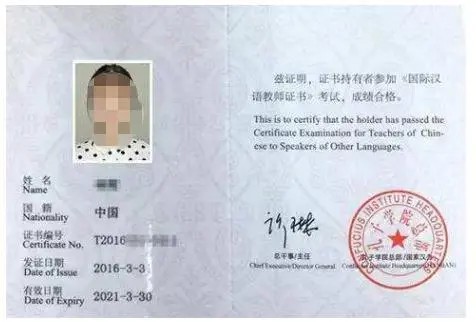 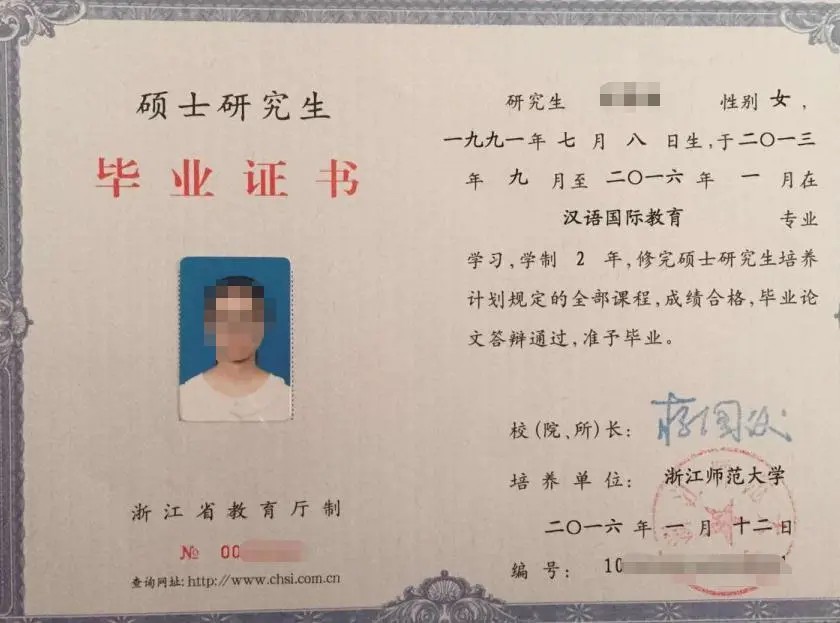 # About us # Founded in 2007 Chinese test and training center 200+ Chinese teachers 5000+ students 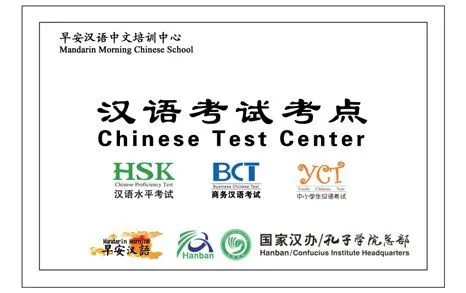 # Contact us# Name:fiona Phone number:021-52287809,13918358891 E-mail:info@mandarinmorning.com www.mandarinmorning.com If you are interested to join Mandarin Morning school or want more details about our services, scan the following QR code. ☟ 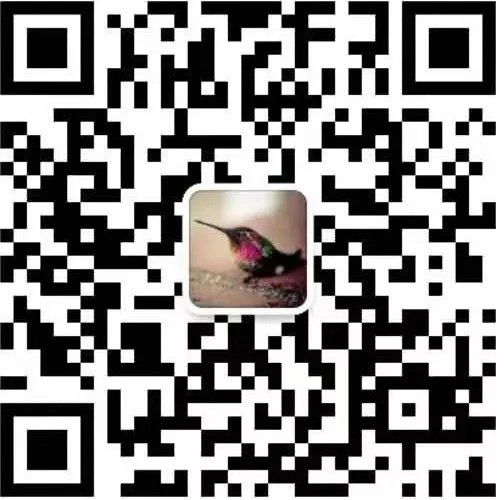 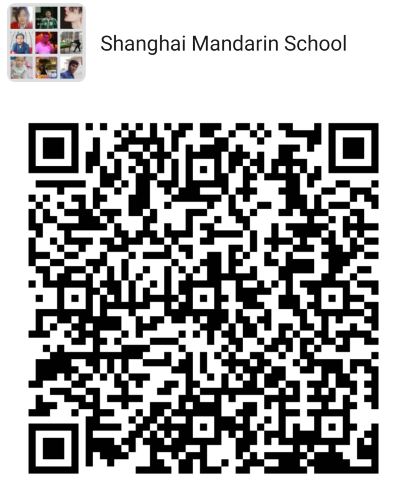 Mandarin Morning Chinese test center attached to Confucius institute headquarters Authorized Test Center and Training Center for International Chinese Language Teacher Certificater 10 years+ ,200 teachers ,more 10000 students,200+companies  |